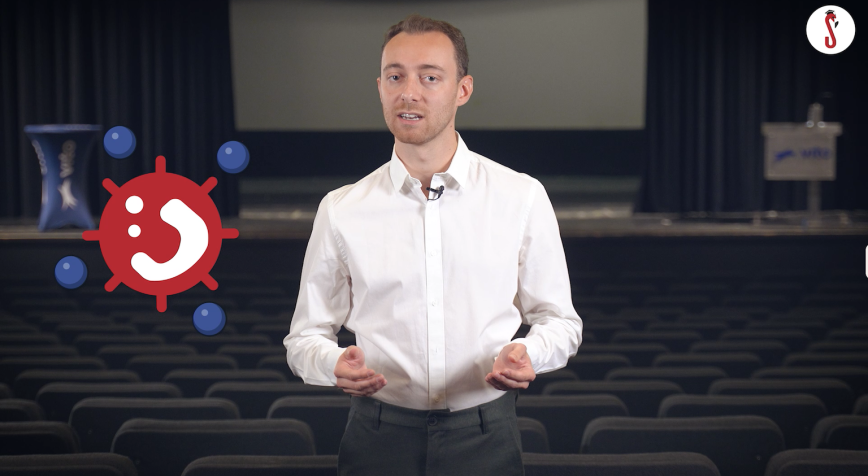
UGent
3D-printed organs are becoming reality
Every year, thousands of people die waiting for an organ transplant. 3D-bioprinted organs could help solve the global donor shortage - and save millions of lives. But there’s still one major hurdle: creating blood vessel networks inside lab-grown organs. Researcher Florian Vanlauwe (UGhent) is working on a new, promising technology to help foster this blood vessel growth.











